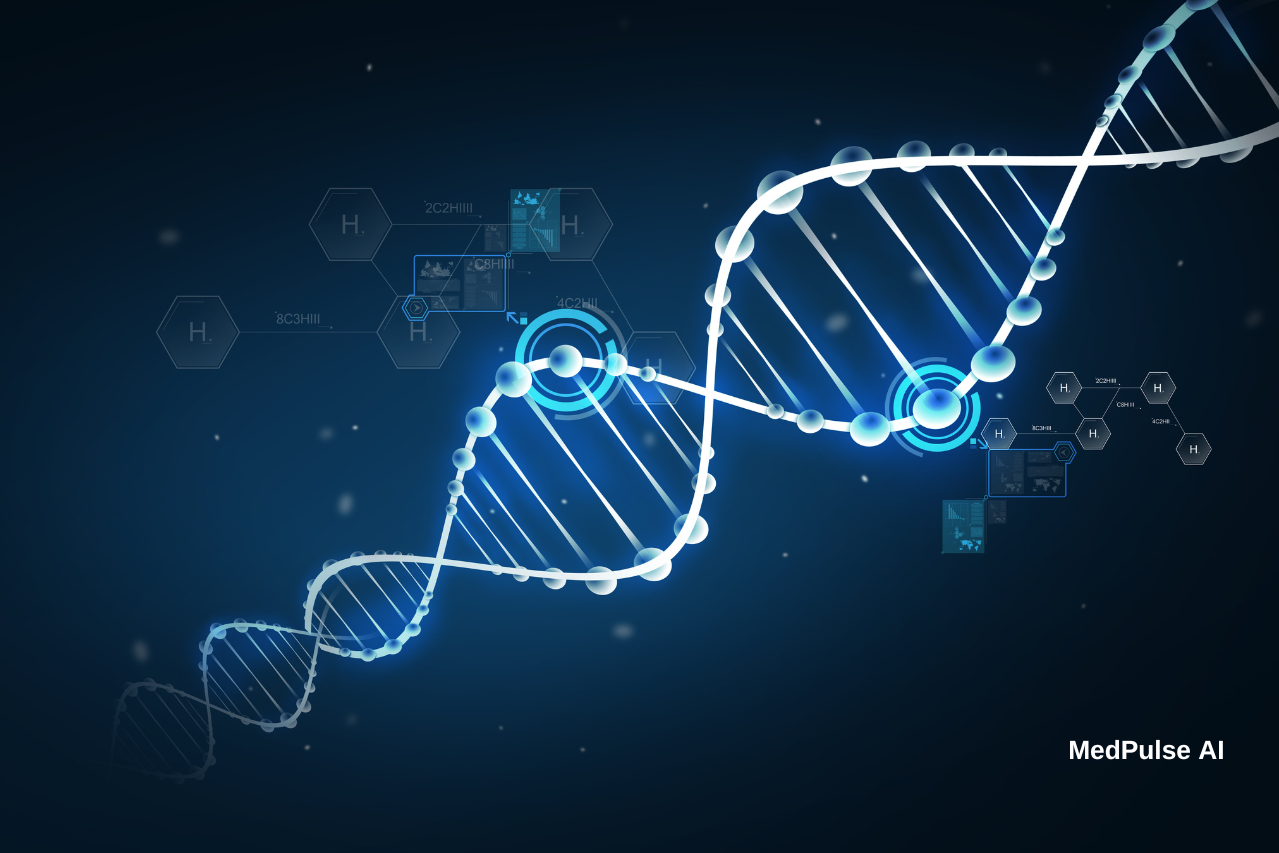Mount Sinai Health System has inaugurated the Hamilton and Amabel James Center for Artificial Intelligence and Human Health, a $100 million facility located in New York City’s Upper East Side, consolidates Mount Sinai’s various AI programs into a unified hub for research, development, and clinical application, marking a significant milestone in AI-driven healthcare innovation.
Core Mission and Focus Areas
The center aims to revolutionize healthcare by integrating artificial intelligence into key areas such as genomics, imaging, pathology, electronic health records (EHRs), and clinical care. By doing so, Mount Sinai seeks to bridge the gap between cutting-edge AI technology and practical applications that enhance patient outcomes.
Key focus areas include:
- Genomics and Precision Medicine: The center will work closely with Mount Sinai’s Institute for Genomic Health and the Division of Medical Genetics. Researchers aim to tackle complex health challenges, including cancer, cardiovascular diseases, and rare genetic disorders. As part of this effort, the team has set an ambitious goal to sequence the genomes of 1 million patients over the next five years.
- AI-Driven Decision Support Tools: By leveraging machine learning algorithms, the center will develop tools that provide real-time, AI-driven insights to clinicians. This includes integrating predictive analytics into the care pathways of Mount Sinai’s eight-hospital network.
- Improved Diagnostics and Imaging: AI technologies will be applied to imaging and pathology to enhance diagnostic accuracy and speed, particularly for conditions such as cancer and neurological disorders.
Team and Infrastructure
The center will house an interdisciplinary team of approximately 300 professionals, including AI researchers, graduate students, postdoctoral fellows, computer scientists, and support staff. The workforce is expected to grow by an additional 100 employees in the near future, reflecting the center’s rapid expansion plans.
The facility has been designed to foster collaboration among experts from diverse fields, enabling the creation of AI systems that can process and analyze large volumes of data efficiently. By centralizing efforts, Mount Sinai aims to accelerate the pace of innovation and improve the scalability of AI applications in healthcare.
Advertisement

Broader Implications for Healthcare
The Hamilton and Amabel James Center signals a broader trend in healthcare toward the adoption of AI to address longstanding challenges, such as diagnostic delays, treatment inefficiencies, and resource constraints. The center’s work could serve as a model for other institutions aiming to integrate AI into their operations.
Mount Sinai’s Vision:
Dr. Thomas Fuchs, Director of the Center for AI and Human Health, emphasized that the facility represents not just an investment in technology, but a commitment to reimagining healthcare delivery. “Our goal is to ensure that AI enhances every aspect of patient care, from diagnosis to treatment, while also streamlining clinical workflows and improving health equity,” he stated.
Mount Sinai Health System has been at the forefront of integrating artificial intelligence (AI) into various aspects of healthcare, enhancing patient care, diagnostics, and operational efficiency. Key applications include:
1. AI-Driven Diagnostics and Imaging:
- COVID-19 Detection: During the pandemic, Mount Sinai researchers developed an AI algorithm that analyzed chest CT scans to rapidly detect COVID-19, aiding in swift patient isolation and treatment.
- Prostate Cancer Assessment: A novel AI tool was created to improve prostate cancer care by analyzing pathology images, potentially leading to more accurate diagnoses and personalized treatment plans.
2. Neurological Monitoring in Neonates: An AI-based system was implemented in the Neonatal Intensive Care Unit (NICU) to monitor infants’ neurological status using video data. This non-invasive approach allows for continuous assessment, facilitating early detection of neurological changes.
3. Ophthalmic AI Initiatives: The Center for Ophthalmic Artificial Intelligence and Human Health was established to leverage AI in diagnosing and treating eye diseases. The center focuses on integrating AI into tele-retina programs, tele-ophthalmology consultations, and eye stroke services to enhance patient outcomes.
4. Predictive Analytics for Emergency Admissions: Researchers at Mount Sinai are exploring the use of generative AI, specifically large language models, to predict emergency room admissions. This approach aims to improve resource allocation and patient care by anticipating patient needs more accurately.
5. Cardiovascular Health Assessment: An AI-driven study redefined right heart health assessment by developing a predictive model that enhances the understanding and treatment of cardiovascular conditions.
These initiatives demonstrate Mount Sinai’s commitment to harnessing AI technologies to advance medical research, improve diagnostic accuracy, and deliver personalized patient care
Advertisement

The Road Ahead
The establishment of this center positions Mount Sinai as a leader in AI-driven healthcare innovation. By combining cutting-edge technology with world-class expertise, the center has the potential to set new standards in personalized medicine, patient care, and operational efficiency.
This initiative underscores the transformative potential of AI in reshaping healthcare for a future where technology and human insight work hand in hand to improve lives.




